In a SQL Server environment, while maintaining a SQL query that involves multiple tables, often I'll need to figure out what what table a particular column belongs to.
Unfortunately, the notation in the query is not TableName.ColumnName, but just ColumnName.
Is there any way to look up what table the column is being pulled from, other than manually looking at column definitions for each table? I'm thinking something I can use either in an IDE (ie Management Studio) or a T-SQL statement... but I'm open to almost anything at this point.
One additional point: I need to do this locally, without pushing information over the network, or downloading additional tools outside SQL Management Studio... or Visual Studio.

